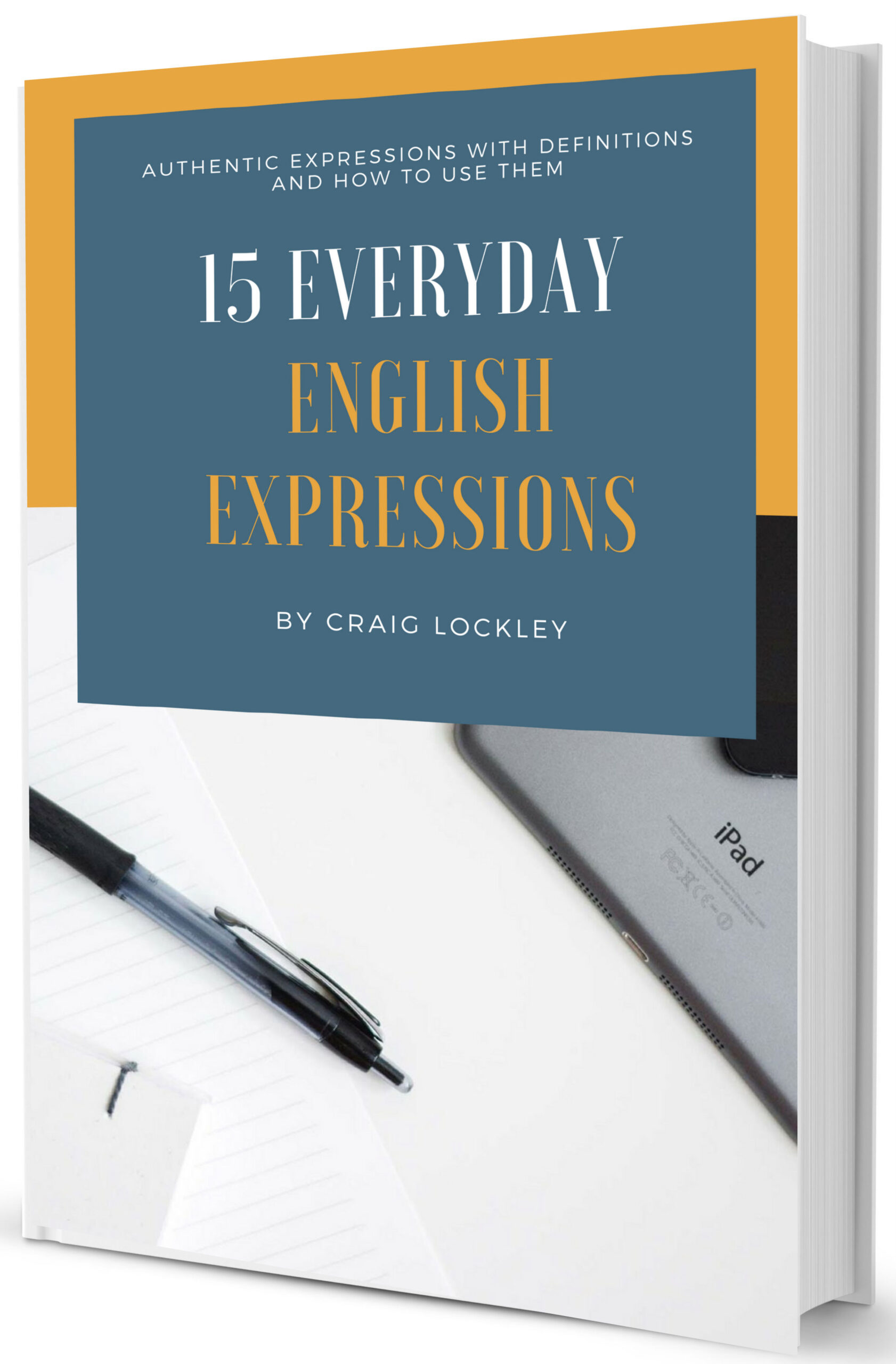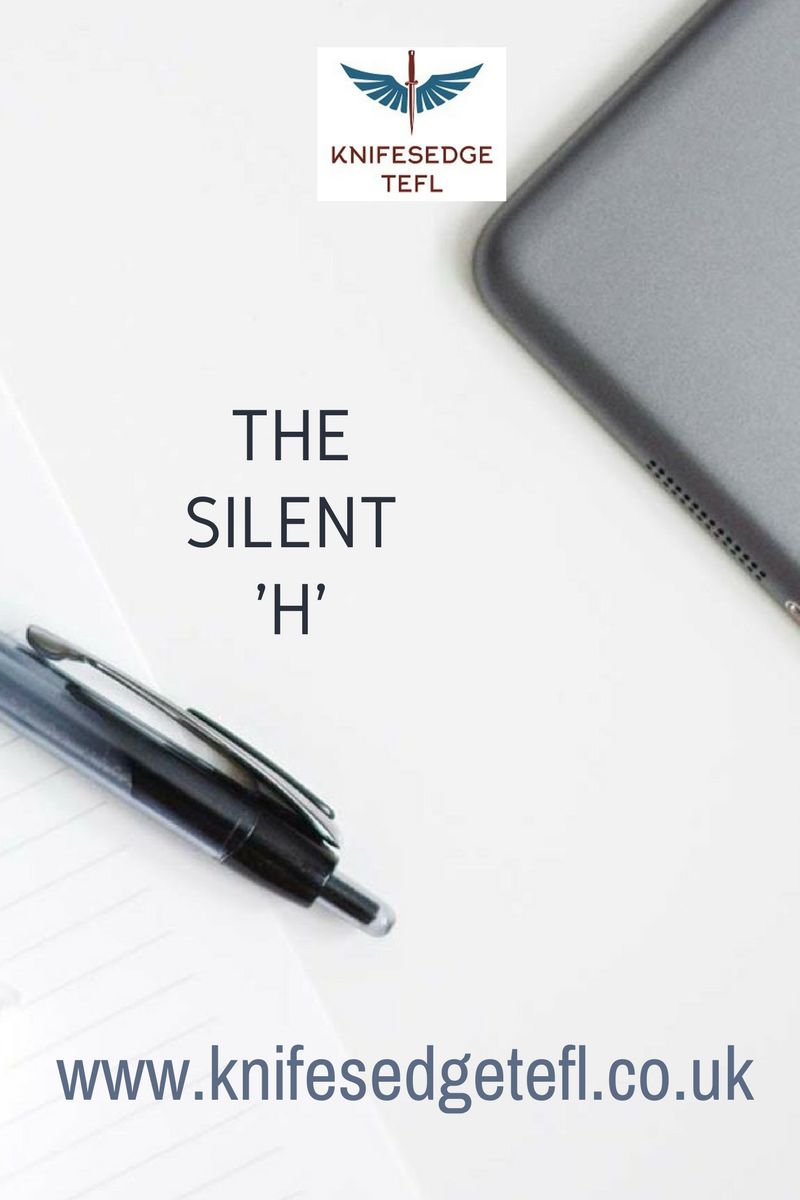TEFL
-

“Mind” as a Verb in British English: A Small Word with Big Uses
On a recent visit to London, one of my students noticed how often the word ‘Mind’ is heard, especially in the London Underground where “Mind the Gap” chimes through the tunnels on an almost minute by minute basis, warning passengers to be careful of the gap between the train and the platform. This got me…
-

Expressions related to Wills and Inheritance.
Will: A legal statement of someone’s wish after their death Beneficiary: Someone named in a legal document to inherit money or other property. Bequeath: To leave property to someone at one’s death; another word for “give.” Executor: The person named in a will, to arrange the affairs of a deceased person. Heir: Someone who inherits property automatically if…
-

Everyday expressions
Since I started teaching English back in May 2016, I’ve met a lot of great students, worked on a number of different teaching subjects and learned a lot of marketing tips. The most valuable of those I learned from someone I consider a master in the field, Jack Askew of https://www.tofluency.com/ As well as an excellent…
-

A brief guide to….Raise vs Rise
The words Raise and Rise are often confused and in fact they do mean the same thing – to move upwards. Raise (Regular, transitive) Raise, Raised, Raised, Raising Rise (Irregular, intransitive) Rise, Rose, Risen, Rising However, there is a distinct difference. Raise is a transitive verb meaning it must have a direct object. “The restaurant…
-

Expressions related to the end of a job
Whether we choose to leave a job or the decision is made for us, there are a number of English expressions we use to describe what happened. The Sack – This slang expression is used when you are removed from a job, usually because you did something against the rules or the boss just wasn’t…
-

A brief guide to….Used to vs. Use to
Some of my students are confused with the use of the expression used to so hopefully this will simplify it. Used to can be used as an adjective to express being accustomed to something. “I am used to having a coffee when I wake up.” “When I lived abroad I wasn’t used to the hot…
-

Sometime vs Some time vs Sometimes
One of my students asked me to explain the difference and uses of these words so I thought this might be useful for readers of my blog, so here is a breakdown of them. Sometime is an adverb and is written as a single word. It refers to an unstated time in the future “We…
-

The Silent H
Some of my students have trouble with words that have a silent letter ‘H’. While words like ghost and ghoul tend not to give problems when the letter appears at the beginning (or the beginning of a syllable) students might pronounce the ‘H’ as they do with other words. It should be noted that as the…
-

Expressions using the word Head. Part one
Parts of the body are used in many idioms, expressions and phrasal verbs. Here are some related to the head. Head off – used to state you are starting a journey “I’m just heading off to the shops.” Head out – similar to head off but used specifically to express you are leaving a place.…
-

Expressions using the word Head. Part two
Parts of the body are used in many idioms, expressions and phrasal verbs. This is part two in a series of expressions related to the head. Over your head – used if you don’t understand something or don’t ‘get’ a joke. “The instructions were too complicated, they went straight over my head.” In over your…